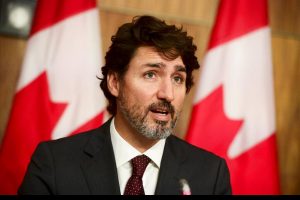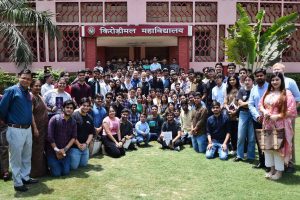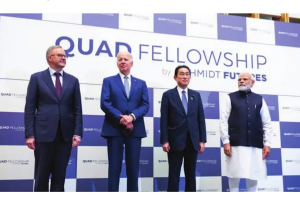Ahead of the International Day of older person, October 1st, the Ministry of Social Justice and Empowerment and United Nations Population Fund (UNFPA) has come up with ‘India Ageing Report’ 2023 based on the first ever nation-wide sample survey on the elderly conducted by the International Institute for Population Sciences(IIPS), Mumbai on Wednesday.
India Ageing Report 2023 focuses on the institutional arrangements that undergird the implementation of the National Policy for Older Persons in India. The report pools together existing knowledge on population ageing in India and maps senior-centric activities carried out by governmental and non-governmental organizations working with the elderly. Drawing upon the learning’s from this nation-wide IIPS sample survey on the elderly the report canvasses the utilization of elder care services in India and makes suggestions for strengthening schemes and programmers.
“As India ages, it is imperative to ensure that our elderly population has access to the care and support they need to live healthy, dignified, and fulfilling lives,” said Secretary, Ministry of Social Justice and Empowerment, Saurabh Garg, “The India Ageing Report 2023 provides a valuable roadmap for achieving this goal and I urge all stakeholders to work together to implement its recommendations, he added.”
According to UNFPA, Globally, there are 1.1 billion persons aged 60 years or above in 2022, comprising 13.9 percent of the total population of 7.9 billion.1 Over the next three decades, the number of older persons worldwide is expected to double to 2.1 billion by 2050, with the share rising to 22 percent of the total population. This increase in the number and share of older persons will be visible across all regions of the world
The reports says that with a population of 649 million aged 60 years and above, Asia is home to about 58 percent of the global population of older persons. In the next three decades, the share of older persons in the total population (13.7 percent), and their absolute number will be doubled in Asia: there will be 1.3 billion older persons, constituting 25 percent of the total population by 2050. India is not an exception to this phenomenon.
Further the report mentioned that there are 149 million persons aged 60 years and above in 2022 (as on 1 July), comprising around 10.5 percent of the country’s population. By 2050, the share of older persons will double to 20.8 percent, with the absolute number at 347 million.
The report also points out that this unprecedented rise in the ageing population will have significant implications for health, economy and society in India. Preparing for the anticipated increase in the number of older persons and having the right policies and programmes for the well-being of the current and future older generations is one of the immediate priorities of the government and other relevant stakeholders.
Andrea. M. Wojnar, UNFPA India Representative and Country Director Bhutan, said while talking about the report, “This comprehensive report is a valuable resource for scholars, policymakers, program managers, and all stakeholders involved in elder care. Older persons have contributed significantly to society, and they deserve nothing less than our best efforts to ensure their well- being.”











